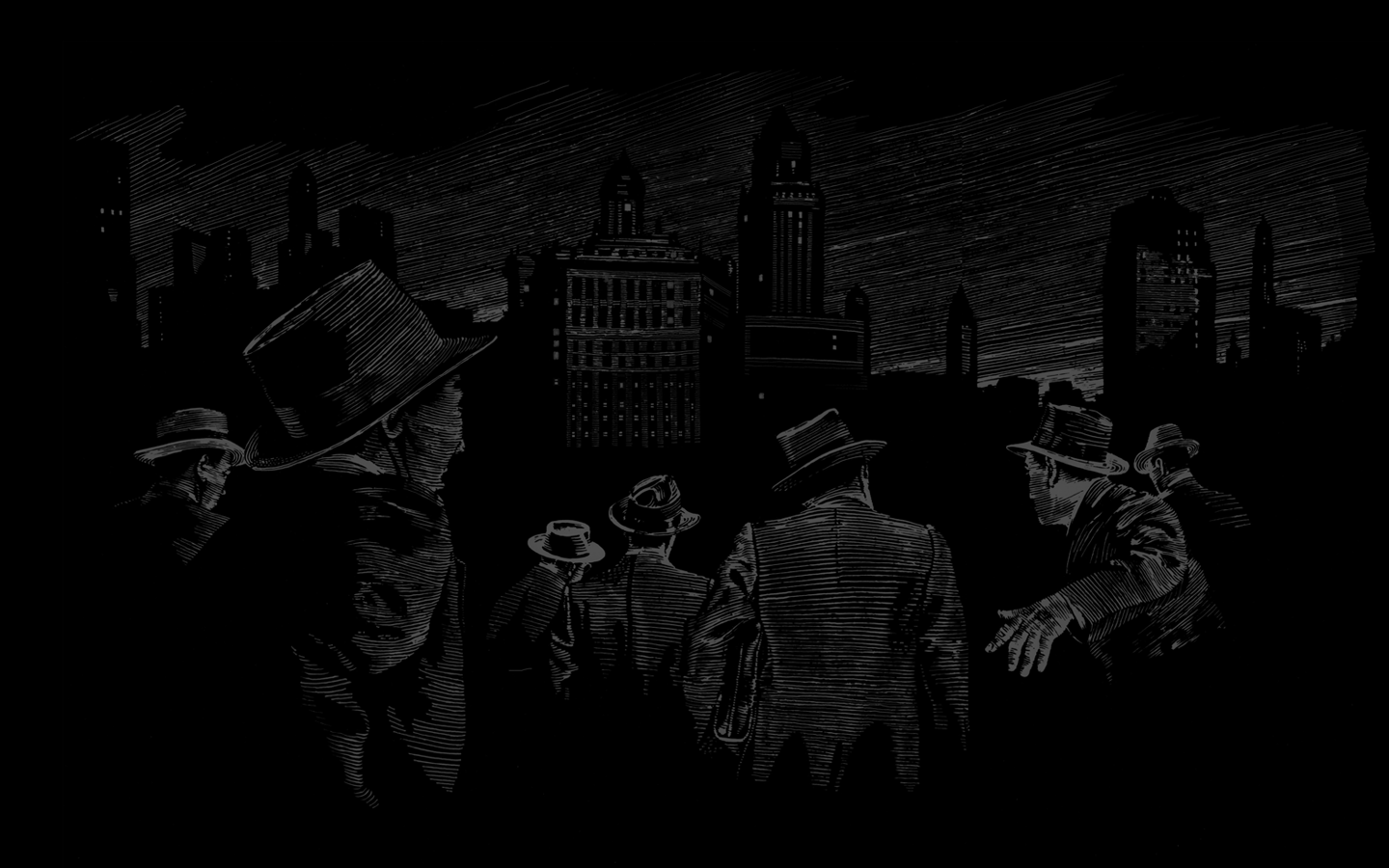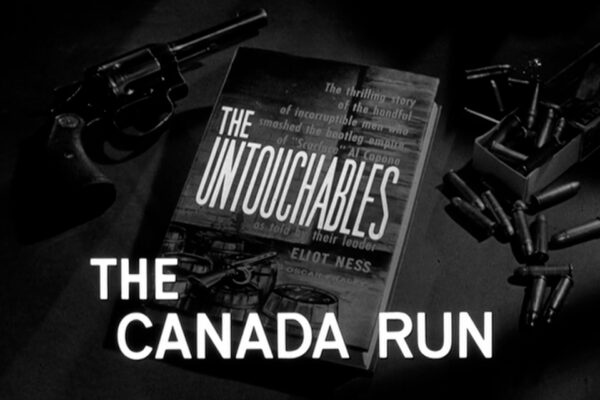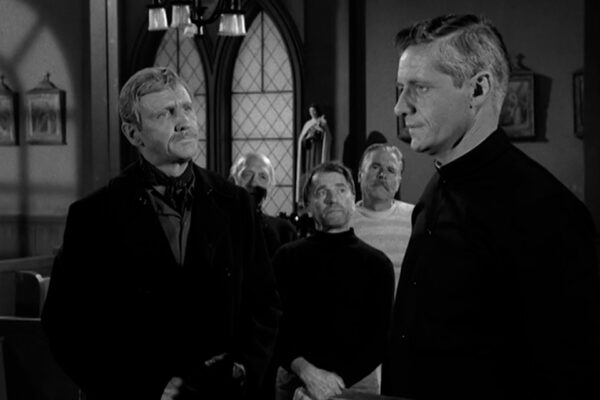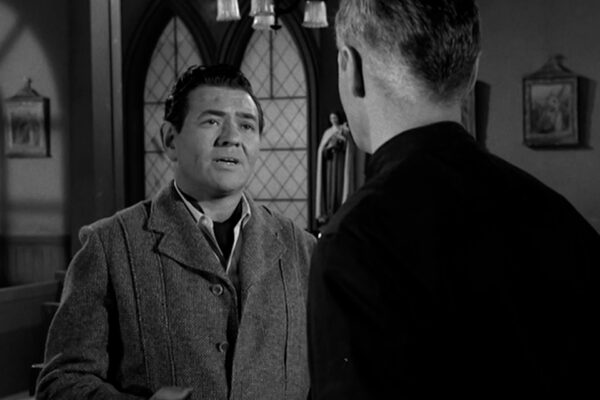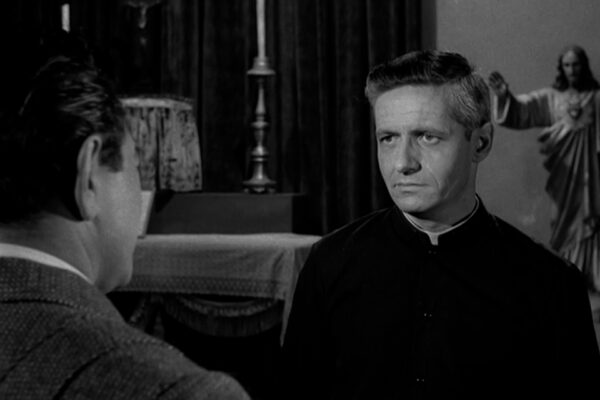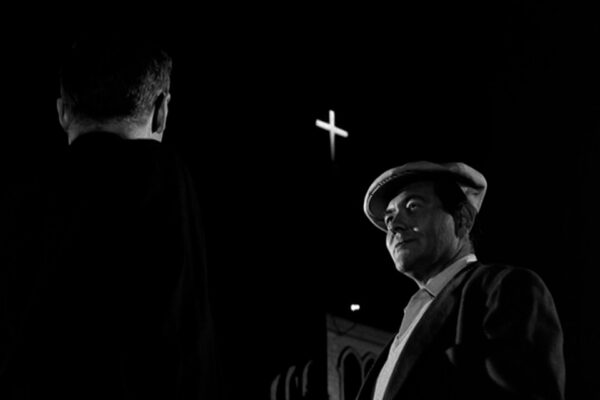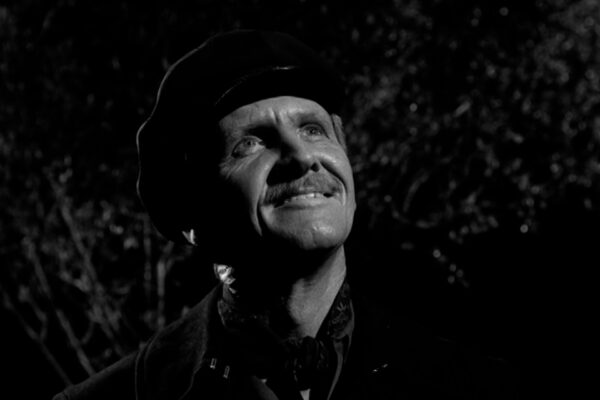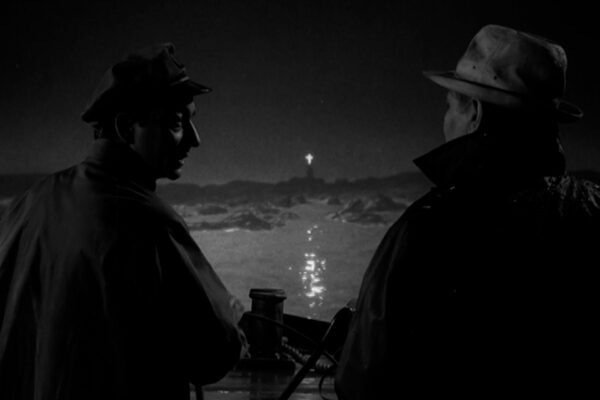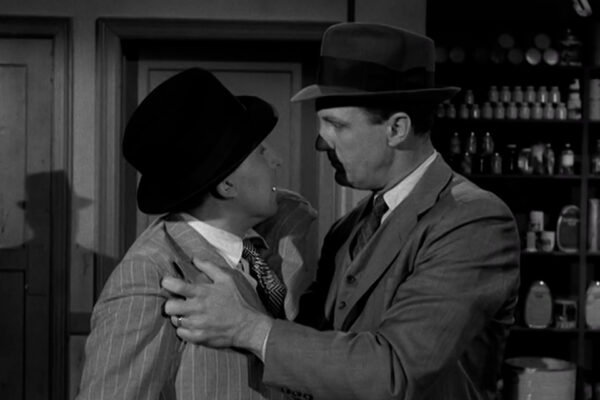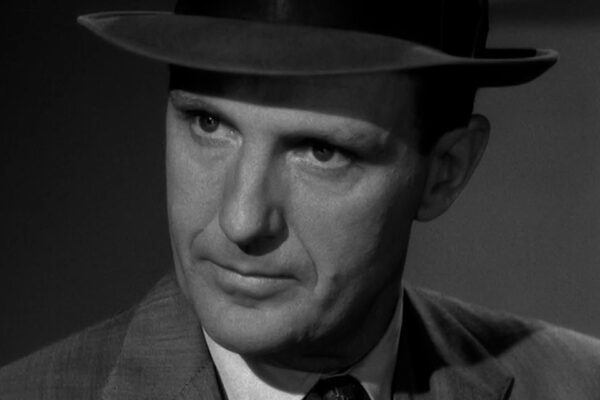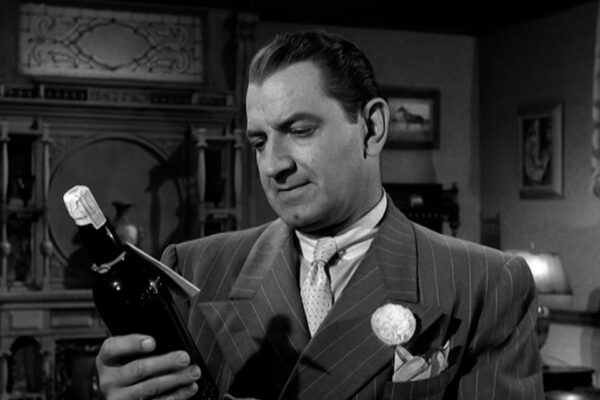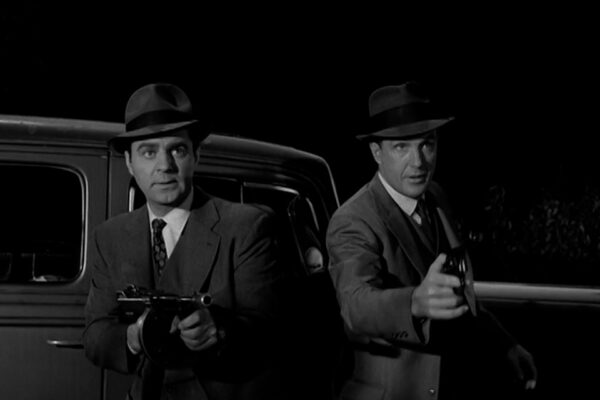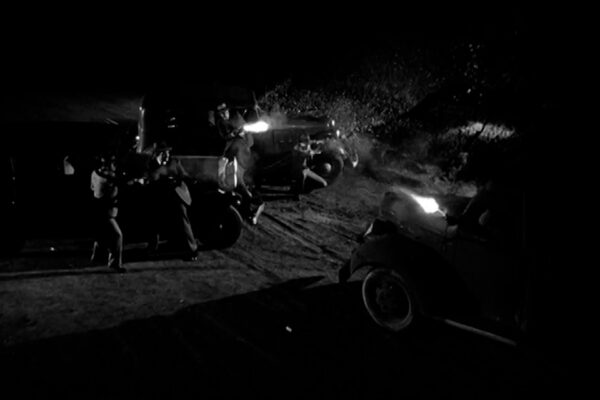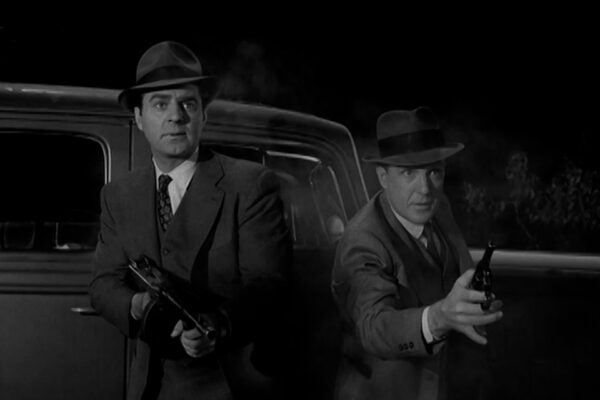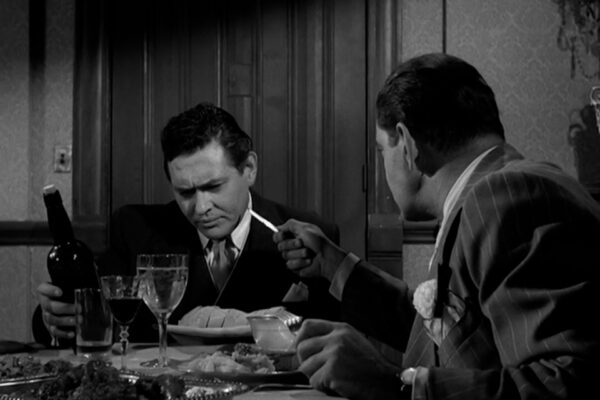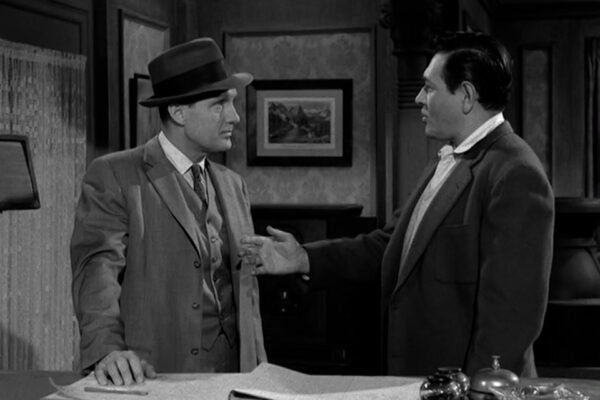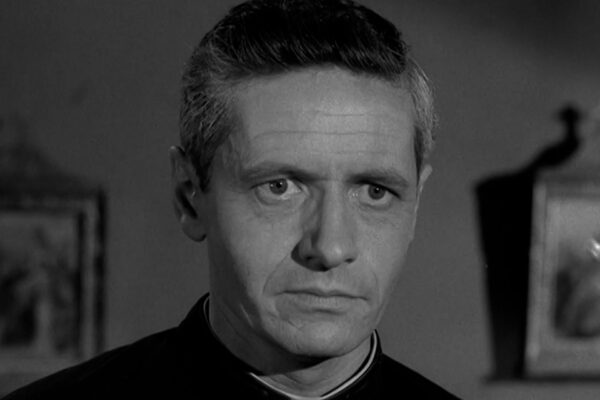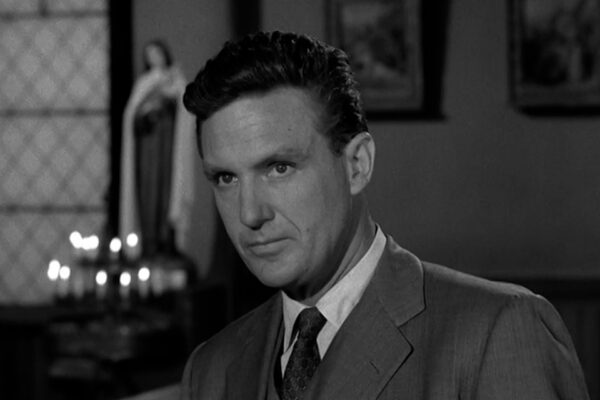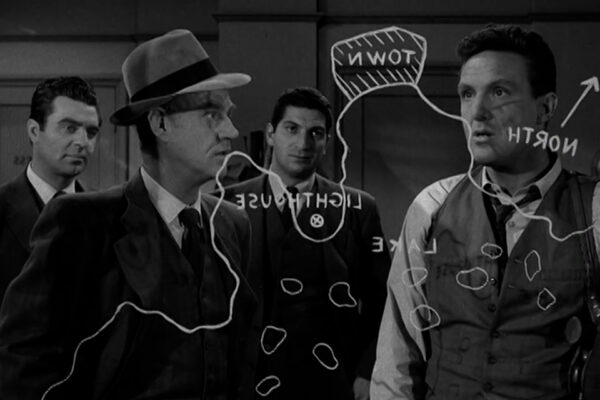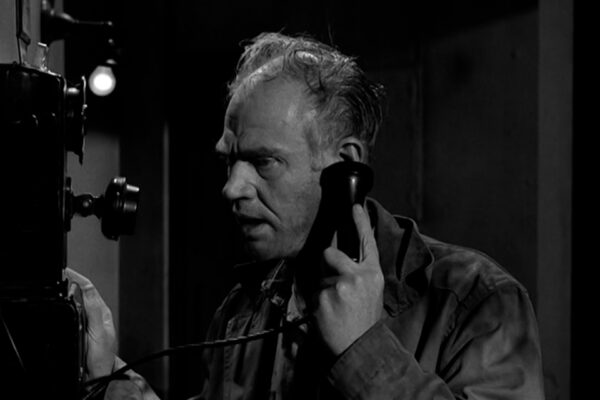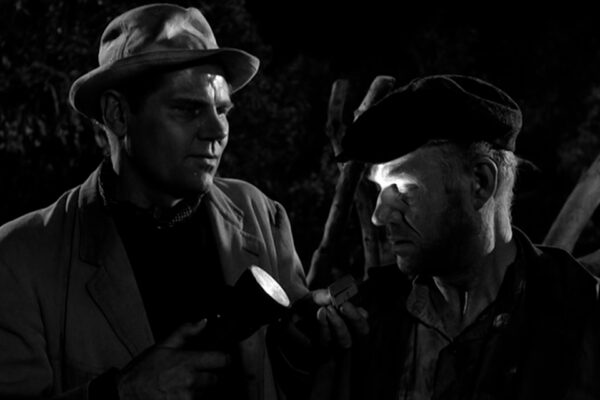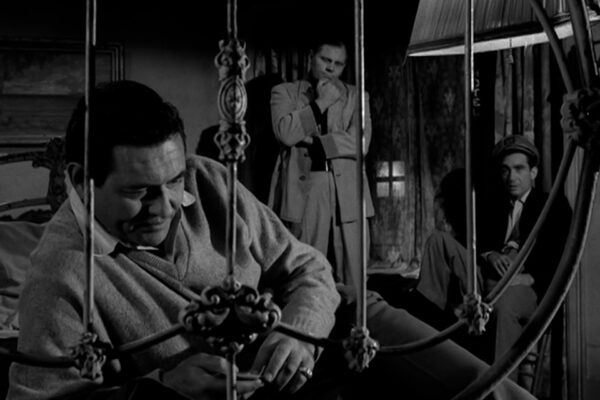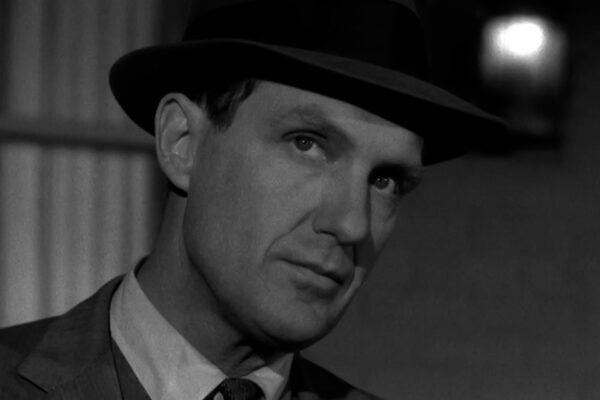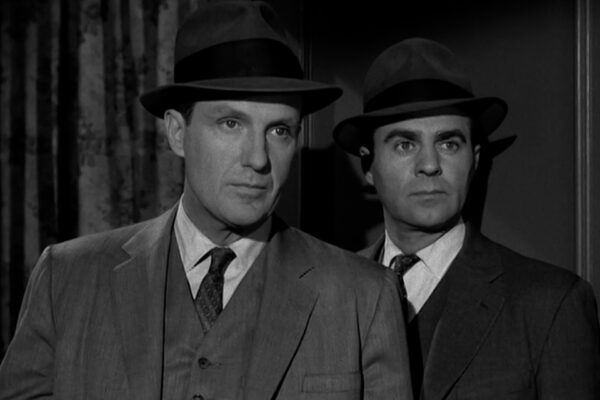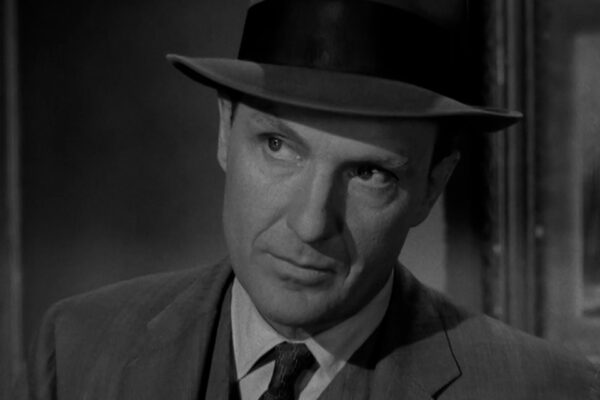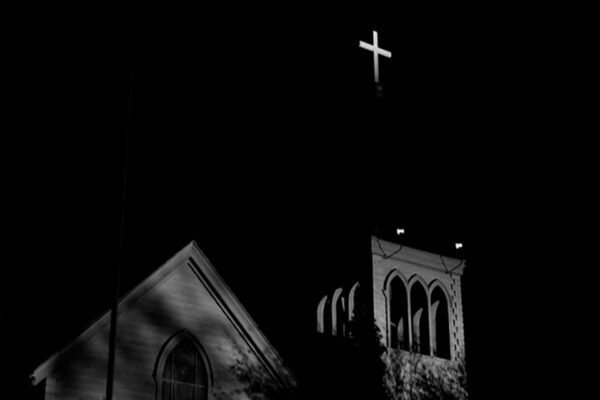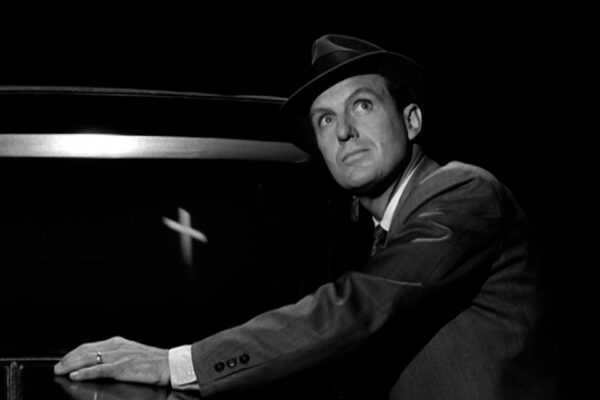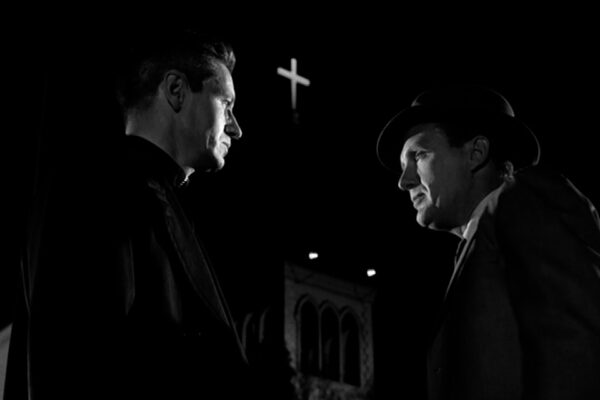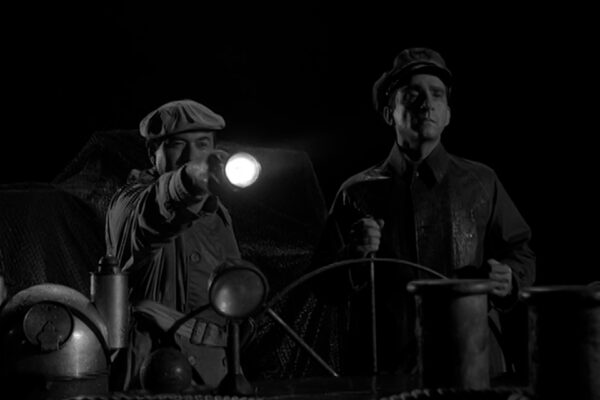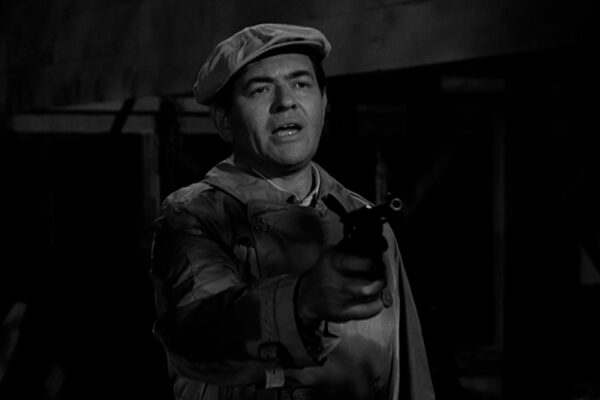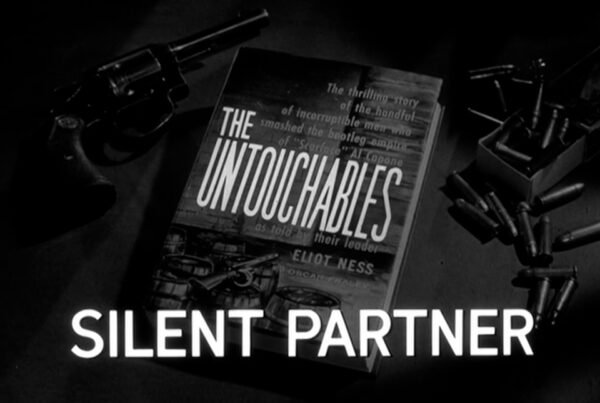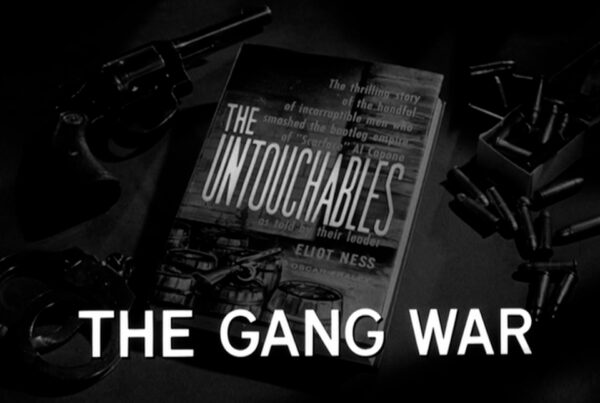THE CANADA RUN
Airdate: January 4th, 1962
Teleplay by Barry Trivers and Harry Kronman
Story by Barry Trivers
Directed by Bernard McEveety, Jr.
Produced by Lloyd Richards
Director of Photography Charles Straumer
Special Guest Star Simon Oakland
Co-starring Arthur Hill, Bruce Gordon.
Featuring Dabbs Greer, John Alderson, Than Wyenn, Michael Hinn, Paul Bryar, Gene Roth.
“On a cold November afternoon in 1932, The Chicago Bears ran the opposition dizzy, bringing to the Windy City, the professional football championship of the world. Beneath the stands, a different kind of game was being played, for much higher stakes. The contestants: Joe Palakopoulos, offense; Danny Cougan, defense. Cougan was a cautious man, always accompanied by his bodyguard. But today, he did not hear the opening whistle.”
Joe Palakopoulos (Simon Oakland) pretends to retire to a quiet former fishing village 35 miles north of Chicago to pursue a life of benevolent smuggling. After eliminating Frank Nitti’s source of Canadian Gold, he sets himself up in the same business. As a front for his true endeavor, he becomes a benefactor to the drift of unemployed fishermen and other poor parishioners with a soup kitchen and a lighted cross atop St. Brendan’s church as a sign for the dispirited – and whisky runners bringing in his Canadian Gold by boat.
“With Palakopoulos dead and the others sentenced to long prison terms, no more Candian Gold flowed through the area. But Pal’s words ironically came true. Years later, the fishing village returned to life as a summer resort. As for Father Gregory’s church, it still stands, and the light still shines.”
REVIEW
Another of the relatively minor, but engaging stories, The Canada Run is another angle on the whisky-from-Canada format. It wasn’t enough to alienate the Italian-Americans, but Ness has to go and tell Father Gregory to “…beware of Greeks bearing gifts.” Nobody seemed to mind this rather ancient slur.
Setting the episode largely of Chicago was a good decision as the derelict fishing town makes for a unique setting with Depression-era characters normally unseen in the series and the Forty Acres lot is cleverly redressed with nautical props to round out the scene.
Simon Oakland’s “Mr. Pal” is a bit of a unique and believable kind of slime-ball, as he uses a church and dupes Fr. Francis Gregory (Arthur Hill) into unknowingly aiding his whisky runs. Nevertheless, Pal still manages to get dressed down by Frank Nitti and has trouble fitting in. He is deserving of a better comeuppance.
There is a spookiness to the hour, presented by the religious overtones and reinforced with a specific piece of library music used near the climax. It’s not every day that Eliot Ness is more pious than a priest, but the episode uses the unique dynamic to once again affirm how black and white Ness views the circumstances. It’s interesting to watch Ness struggle between Father Gregory, who only wants to do good by the town, and later striking Pal when he knows he’s just lied to the priest. In one exchange, Hobson acknowledges the good Pal has done by the community by aiding the church and funding its soup kitchen. In this morality play, Ness can only see it as blood money.
Canada Run is the only Untouchables episode to use religion as both text and subtext, and some religious imagery will resurface in The Ginnie Littlesmith Story later in the Third Season.
QUOTES
Another of the relatively minor, but engaging stories, The Canada Run is another angle on the whisky-from-Canada format.
It wasn’t enough to alienate the Italian-Americans, but Ness has to go and tell Father Gregory to ” … beware of Greeks bearing gifts.” Nobody seemed to mind this rather ancient slur.


